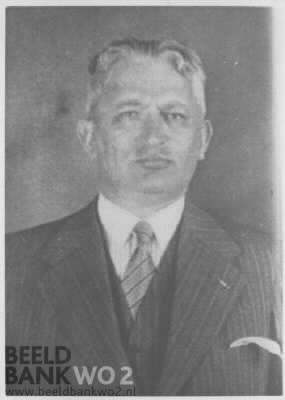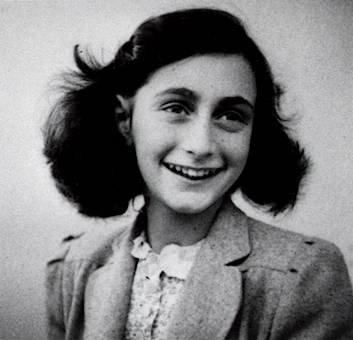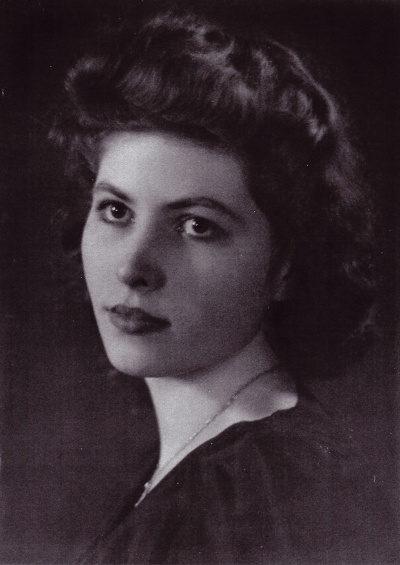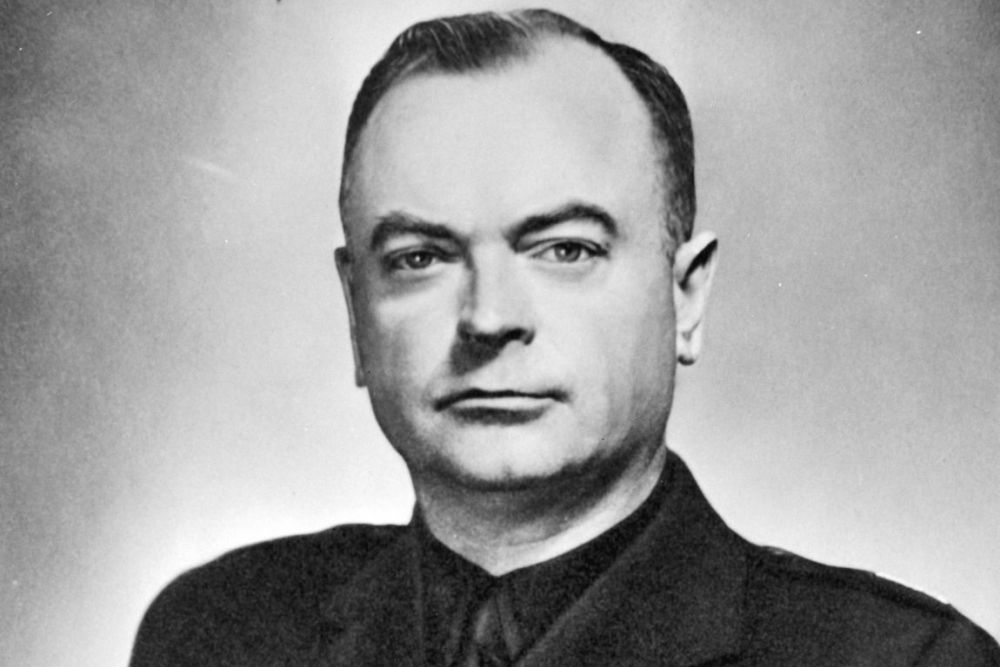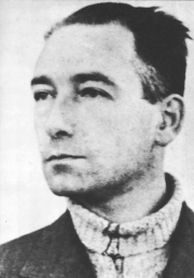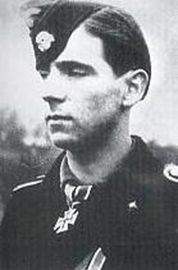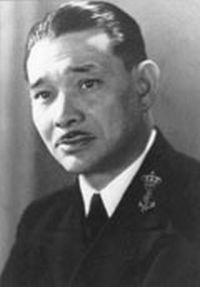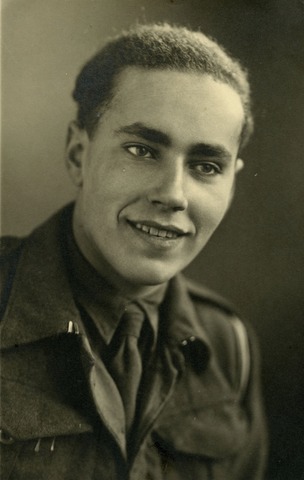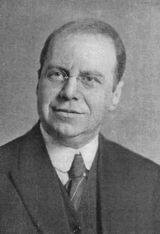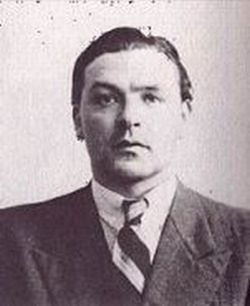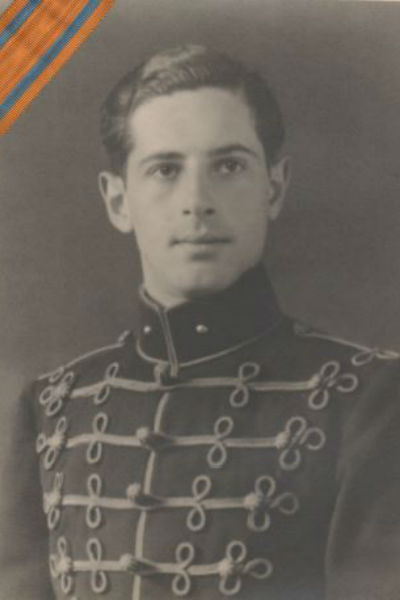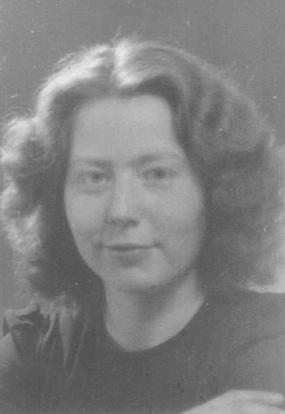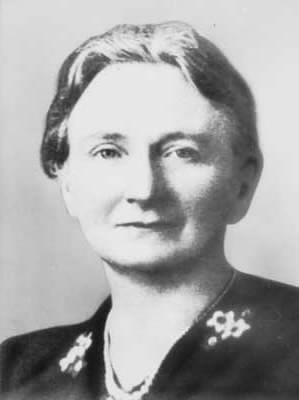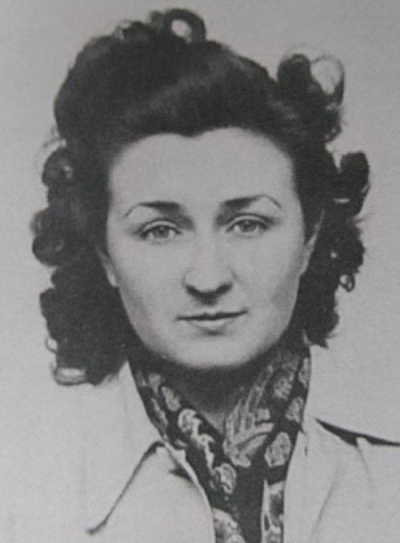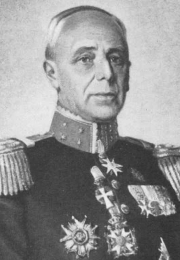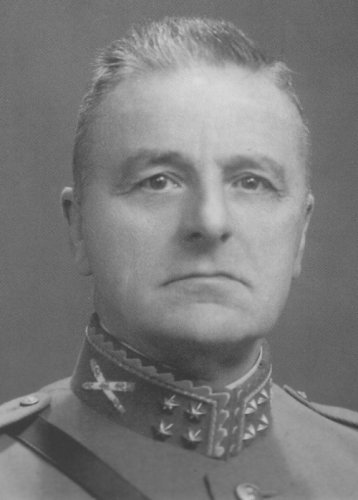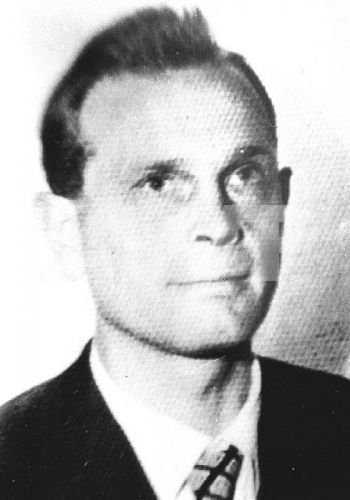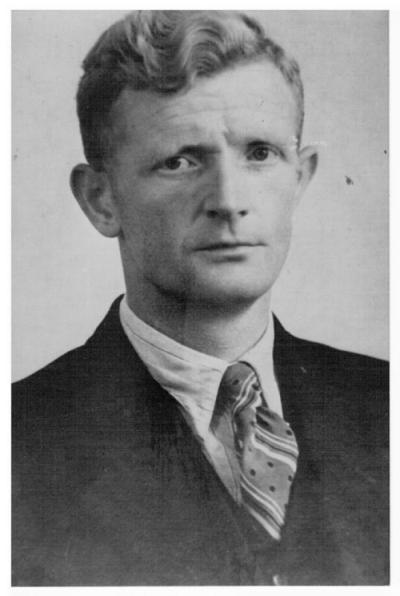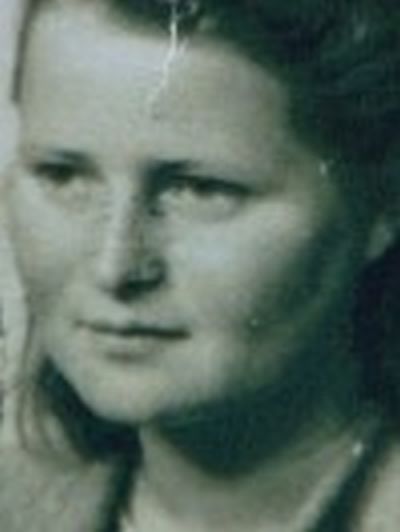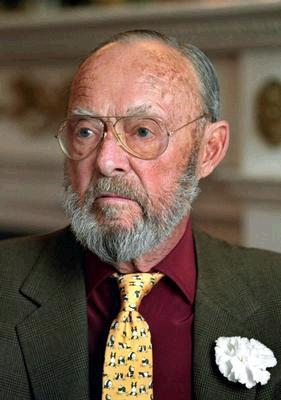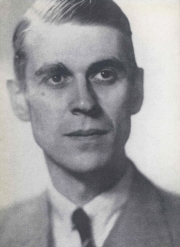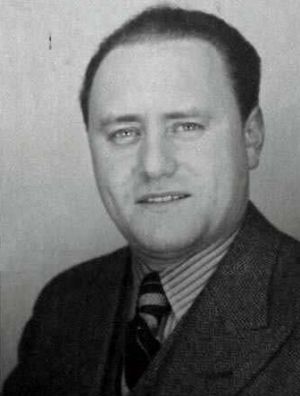Articles
- Article by Frans van den Muijsenberg
- Published on February 28th, 2014
Abraham Asscher
Abraham Asscher was born in Amsterdam on 19th September 1880. His father and uncle worked in the diamond trade and founded a company together, the Diamantmaatschappij. Later, Abraham Asscher became the director of the company and its only shareholder. Under his leadership, the business gained a worldwide reputation. The absolute pinnacle of Asscher’s diamond factory would surely have been the cutting of the Cullinan diamond, the largest diamond ever discovered.
- Article by Kevin Prenger
- Published on February 25th, 2011
Anne Frank
Anne Frank kept her diary from June 12th, 1942 until August 1st, 1944. From the 6th of July 1942 on, she and her family went into hiding in a backroom of her father’s office on the Prinsengracht 263 in Amsterdam. They had to go into hiding for the German occupying powers, that deported Jewish inhabitants of the Netherlands to German extermination camps in Poland from the summer of 1942 on.
- Article by Sanne Jussen
- Published on January 28th, 2023
Annick van Hardeveld
Annick van Hardeveld was a courier in Amsterdam for the Nederlandse Binnenlandse Strijdkrachten (NBS; English: Dutch Domestic Armed Forces). In the night of May 4, 1945, Annick was travelling on her bike to the inner city of Amsterdam to deliver a message. On the Hekelveld, she was suddenly shot by a patrol of the Grüne Polizei. Annick was only 21 years old.
- Article by Wilco Vermeer
- Published on September 16th, 2012
Anton Mussert
Anton Mussert, born in 1894 became the leader of the Dutch National Socialist Movement (Nationaal Socialistische Beweging (NSB)). With his NSB he supported the politics of the Axis-powers. Beceause of his actions during the Second World War het was sentenced to death and executed in 1946.
- Article by Rachael Darwin
- Published on September 18th, 2012
Anton van der Waals
Anton van der Waals was one of the Netherlands’ most infamous collaborators. As a V-Mann (intermediary agent) of the SD (Sicherheitsdienst, intelligence agency) he infiltrated various resistance groups from 1941 onwards. He indirectly played a role in the Englandspiel, a large-scale operation of the German contra-intelligence (Abwehr) with the aim of misleading the enemy. Although there were already doubts in 1941 among resistance groups over Van der Waals’ trustworthiness, he was able to continue on his destructive path through the resistance. While pretending to be a British agent, he was able to build the trust of unsuspecting resistance members and even certain prominent leaders.
- Article by Ruben Krutzen
- Published on March 4th, 2023
Caspar Sporck
Caspar / Casper Sporck (1922 – 1945) was a non-commissioned officer of the Waffen-SS during the Second World War. He was awarded the German Knight’s Cross for his heroic actions. This is remarkable, because only three other Dutch people were given this medal. Sporck was awarded several other medals as well, including a medal for sustained injuries. About 22.000 to 25.000 Dutch volunteers joined the Waffen-SS during the Second World War.
- Article by Han Smits
- Published on March 9th, 2014
Charles Douw van der Krap
After the capitulation of the Netherlands, the Dutch officers had to sign a declaration of honor. With this declaration they indicated that they would take no action against the occupier. Most officers signed this declaration, often with the idea that they didn’t have to keep their word to the occupier. A dozen officers did not sign the declaration, as a result they spent the rest of the war in POW camps. Only some of them managed to escape and reach liberated areas. Charles Louis Jean Francois Douw van der Krap was one of them.
- Article by Annabel Junge
- Published on May 7th, 2018
Curt Lowens
On May 11 1940 Curt would board the ship SS Veendam in Rotterdam, together with his parents and older brother Heinz, to start a new life in the United States. However, fate decided otherwise. On May 10 the Germans invaded the Netherlands and the Dutch police immediately started to arrest German Jews who had fled to the Netherlands. Among them was the Löwenstein family. A life in freedom seemed to remain an illusion for good.
- Article by Frans van den Muijsenberg
- Published on February 28th, 2014
David Cohen
David Cohen was born on 31st December 1882 in Deventer as the oldest son of salesman, estate agent and surveyor Hartog (Herman) Cohen and Rebecca van Essen. Later, three brothers and one sister would join the family. He attended primary school, Jewish school and high school in his place of birth and then studied classical languages in Leipzig, Göttingen and Leiden. His greatest interests lay in egyptology, papyrology and Jewish history. After 1910, he combined his studies with a teaching job at the Nederlands Lyceum in The Hague. In 1912, he earned his doctorate degree in Leiden cum laude, which he wrote about Jewish history during the Hellenistic period. In 1922, he became a privatdozent at the University of Leiden and two years later he became a visiting professor of the history of the Hellenistic period. In 1926, he became the Professor of Ancient History and the Greek and Roman Antiquities at the University of Amsterdam, a position he held until 1953.
- Article by Rachael Darwin
- Published on August 7th, 2012
Dries Riphagen
Dries Riphagen was wanted in connection with the arrests of Jewish people in hiding and the deaths of at least 200 people. The prosecutor, Paul Brilman, considered Riphagen to be one of the worst examples of Dutch collaboration with the German occupier.
- Article by Samuel de Korte
- Published on December 24th, 2018
George Maduro
George Maduro was a Dutch student who, serving as a reserve-officer with the Hussars during the German invasion of the Netherlands in May 1940, distinguished himself by retaking villa Dorrepaal in Leidschendam. This prevented the German paratroopers from taking The Hague from that side. After the Dutch capitulation he joined the resistance. When he attempted to escape to Spain, he was betrayed and ultimately ended up in concentration camp Dachau, where he died from typhoid on February 8th 1945. He was posthumously awarded the Militaire Willems Orde 4th class for his exceptional achievement during the German invasion of the Netherlands in 1940.
- Article by Peter ter Haar
- Published on May 22nd, 2013
Hannie Schaft
Jannetje Johanna Schaft was born on September 16th 1920 in Haarlem. She was the second daughter of Pieter Schaft and Aafje Talea Vrijer. Her elder sister Annie, who was born in 1915, died from diphtheria in 1927. Jo, as she was called, had a normal upbringing in a small socialist family. Her father was a teacher at an elementary school and was a member of the board of the socialistically inclined Federation of Dutch Teachers.
- Article by Wesley Dankers
- Published on October 1st, 2012
Helena Kuipers-Rietberg
During the war only few Dutch people opted for an active resistance against the German oppression. Most people tried to continue the life they led before the war and hoped for the best. However, there were people who really resisted the German occupation. They risked their own lives to save the lives of others. One of the greatest Dutch resistance fighters is Helena Kuipers-Rietberg. This very religious housewife from Winterswijk was one of the driving forces behind the establishment of the LO, the national organization for people in hiding. Under the pseudonym "tante Riek" (aunt Riek), she took care of the many thousands of people in hiding in our country. Because of this, she was called "the mother of all Dutch in hiding".
- Article by Frank Hermans
- Published on August 18th, 2019
Helene Louise ten Cate Brouwer
Uit het Leidsch Dagblad van 13 september 2003: "Ze was beeldschoon, slim en sportief. Ze kon schieten, saboteren en spioneren. Als een Leidse Hannie Schaft stortte ze zich in het verzet, werd gepakt en ter dood veroordeeld. Maar dan neemt haar leven een bizarre wending. Ze stelt haar kwaliteiten ter beschikking aan de Sicherheitsdienst."
- Article by Chrit Houben
- Published on December 18th, 2012
Hendrik Seyffardt
Hendrik Alexander Seyffardt was born in Breda on the 1st of November, 1872, as son of Louis William Seyffardt August, later Minister of War in the Van Tienhoven Government (1891-1894), and Catharina Louisa de Hollander. August Seyffardt was an officer in the Dutch army and during his ministry he steered a left-liberal course in which he pleaded for general training duty and a citizen army. His ideas were never realized, due to his poor relationship with Queen-Regent Emma.
- Article by Peter ter Haar
- Published on December 15th, 2012
Henri Winkelman
Henri Winkelman was born on August 17th, 1876 in Maastricht. He was a son of Julius Hendrik Winkelman, inspector of registration of Crown Properties, and Charlotte Henriëtte Braams. After his education at the HBS (Higher Trade-Business School) he went to the KMA, the Royal Military Academy, at Breda. He wanted to become an officer in the KNIL, the Royal Netherlands Indies Army. During his time at the KMA he changed his plan and he was placed in the infantry as a cadet in the rank of corporal.
- Article by Jochem Botman
- Published on February 3rd, 2013
Jan Olij
Jan Olij lived in Argentina in the vicinity of Buenos Aires until his death in 1996. In July 1949 he was convicted in absentia to 20 years of imprisonment by the special court in Amsterdam. His crimes were burning a farm in Barneveld, arresting and handing over Rotterdam people to the Nazis and membership of the SS, which he had joined in 1940.
- Article by Egbert van de Schootbrugge
- Published on May 15th, 2024
Johannes Post
Johannes Post was born on October 4, 1906 in the hamlet of Nieuw-Moscou in Hollandscheveld, near Hoogeveen. He was the eleventh and last child of Jan Wolters Post and Trijntje Tempen. There are few details about Johannes' childhood.
- Article by Chrit Houben
- Published on October 21st, 2012
Joke Folmer
Allied pilots shot down over the Netherlands and captured by the resistance, Dutch resistance fighters who were no longer able to stay in our country and allied soldiers who escaped from German camps, were taken across the Belgian border through so-called escape lines. This was extremely risky resistance work because death penalty was the punishment for helping allied soldiers. Yet there were Dutch men and women who were committed to this cause.
- Article by Chrit Houben
- Published on October 27th, 2012
Prince Bernhard zur Lippe-Biesterfeld
In the evening of December 1st, 2004, Bernhard, Prince of the Netherlands, Prince of Lippe-Biesterfeld, passed away at the age of 93. Prince Bernhard married on January 7th, 1937, to Princess Juliana, later Queen of The Netherlands. During the Second World War Prince Bernhard rendered outstanding service to the Dutch case. After being transferred to England on May 12th,1940, he began to organize the Dutch refugees, who already escaped . He made sure that a Dutch RAF unit was established in 1942 and it was also the cradle of the "Regiment Stoottroepen" (a commando force). He was also closely involved in the "Princess Irene Brigade" and he was present at the surrender negotiations with the Germans, in the rank of commander of the Dutch armed and resistance forces.
- Article by Wesley Dankers
- Published on May 12th, 2019
Walraven van hall
Walraven van Hall was one of the greatest of the Dutch resistance fighters during the Second World War. He was able to create a financial construction through inventiveness, quirkiness and help from others, with which he made a great contribution to Dutch illegality. The National Support Fund (NSF) he founded during the war was responsible for the financial care of thousands of people affected by the German occupation. The fund also supported numerous other resistance activities.
- Article by Kevin Prenger
- Published on October 13th, 2012
Walter Süskind
Walter Süskind was one of the employees of the Jewish Council. True, he had an important role at the organization of deportations, but at the same time he saved the lives of hundreds of people, of which mostly children. He did this without consent or without knowledge of the management of the Jewish Council and at the risk of his own life. During the war, many Jews saw him as a traitor, but behind the mask of the pretended collaborator was in reality hiding a hero.
